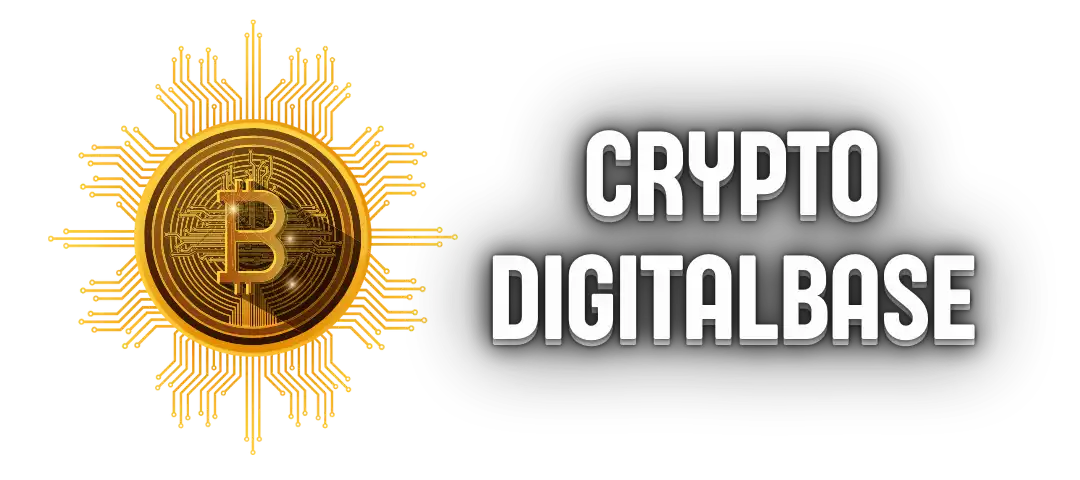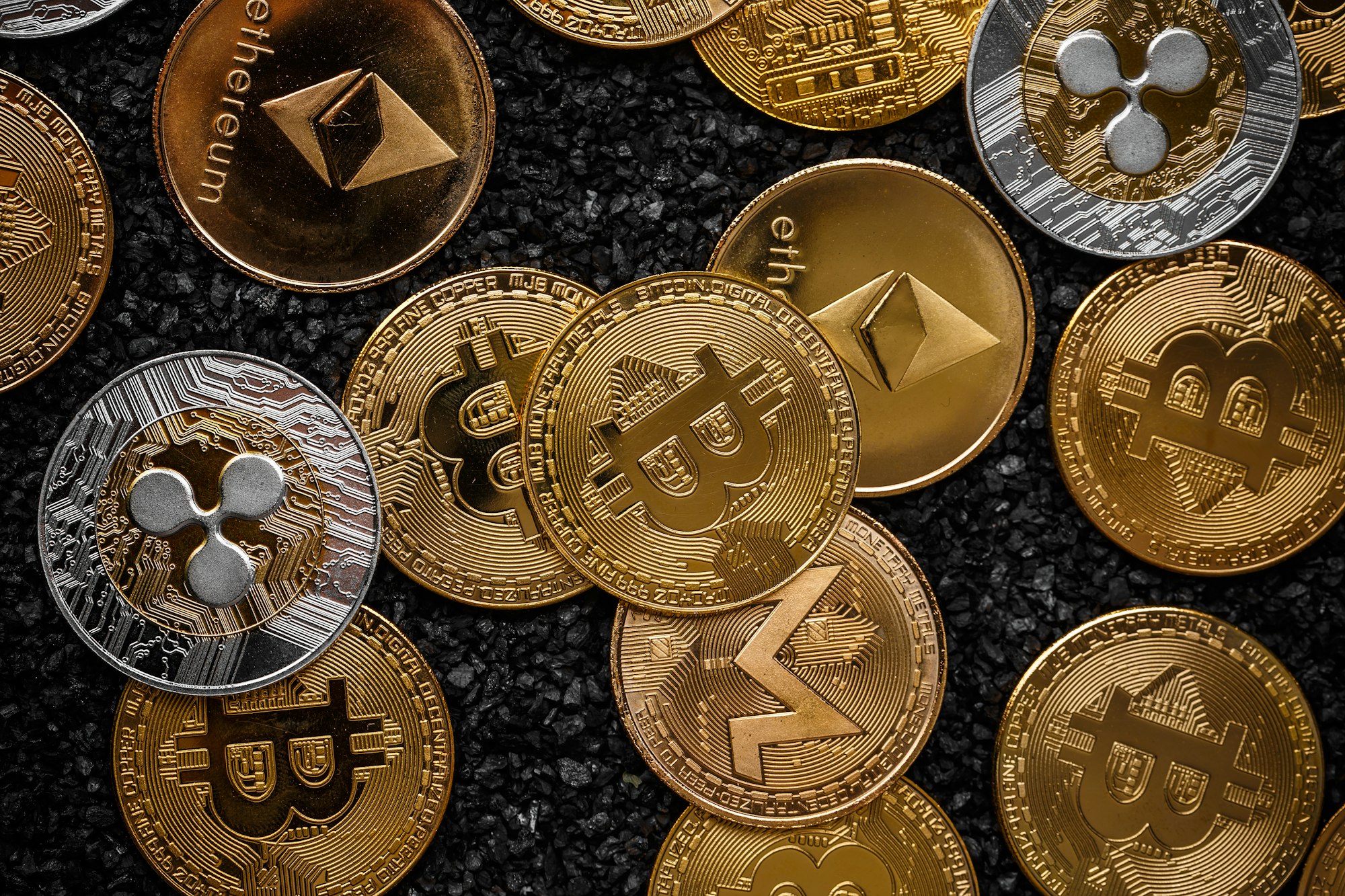The Internet Computer, a groundbreaking innovation by the Dfinity Foundation, is redefining the landscape of decentralized computing. By leveraging blockchain technology, it aims to create a public internet that enhances the way we interact with applications, data, and smart contracts. This article takes a comprehensive look at the Internet Computer, exploring its functionality, current market trends, and future prospects, while also delving into how it operates within the broader ecosystem of cryptocurrencies and decentralized finance (DeFi).
What is the Internet Computer and How Does it Work?
Overview of Internet Computer Protocol
The Internet Computer Protocol (ICP) is a revolutionary blockchain infrastructure designed to extend the capabilities of the public internet. Unlike traditional cloud computing services that centralize data and applications, the Internet Computer allows developers to build and deploy applications directly on the blockchain, transforming the web into a decentralized environment. This infrastructure uses a network of independent data centers and node machines that collectively form a robust and scalable platform, enabling on-chain computation and storage. The key to its operation is the canister smart contracts, which function as both executable code and storage, allowing for complex applications to be hosted on the Internet Computer.
How Dfinity Developed the Internet Computer
The Dfinity Foundation, a nonprofit organization, spearheaded the development of the Internet Computer with the vision of creating a “World Computer.” This vision was realized through a significant amount of research and innovative engineering, culminating in the launch of the Internet Computer in 2021. The Dfinity team meticulously designed the Internet Computer to support a new paradigm of decentralized applications (dapps) that can operate without the need for traditional centralized servers. By harnessing advanced technologies such as the Network Nervous System (NNS), Dfinity governs the Internet Computer, allowing for real-time upgrades and seamless management of the network.
Key Features of the Internet Computer Blockchain
The Internet Computer blockchain boasts several unique features that set it apart from other blockchains. First, it offers near-instant transaction finality, enabling applications to operate at high speeds. Additionally, the ICP token plays a critical role in the ecosystem, serving both as a utility token for transaction fees and as a governance token for the NNS. The Internet Identity system enhances user security and privacy by allowing users to access dapps without the need for traditional usernames and passwords. Moreover, the Internet Computer can scale dynamically, accommodating a vast number of users and applications without compromising performance.
What is the Current ICP Price and Market Trends?
Analyzing the Internet Computer Price History
The price of Internet Computer (ICP) has experienced significant volatility since its inception. Launched at a high initial price, ICP saw a surge in trading volume and market cap shortly after its release. However, it has also faced substantial fluctuations, influenced by broader cryptocurrency market trends. Analyzing the price history reveals patterns that often mirror those of established cryptocurrencies like Bitcoin and Ethereum, indicating that the ICP price is susceptible to market sentiments driven by investor confidence and macroeconomic factors.
Factors Influencing ICP Price Fluctuations
Several factors contribute to the fluctuations in the ICP price. Market dynamics, including trading volume, overall cryptocurrency market trends, and investor interest, play a crucial role. Additionally, developments within the Dfinity Foundation, such as updates to the Internet Computer protocol or expansions of the ecosystem, can significantly influence the ICP token’s value. Furthermore, regulatory news and the performance of competing blockchains can also affect market perceptions, leading to changes in the price of Internet Computer.
Comparing Internet Computer Markets to Bitcoin and Ethereum
When comparing the Internet Computer market to that of Bitcoin and Ethereum, there are notable differences and similarities. Bitcoin, as the first cryptocurrency, has established itself as a store of value, while Ethereum is known for its robust smart contract capabilities and DeFi applications. The Internet Computer, on the other hand, emphasizes decentralized applications and a unique computational model. While ICP may not yet match the market cap of Bitcoin or Ethereum, its innovative approach to decentralized computing positions it as a potential competitor in the burgeoning blockchain landscape.
How to Use Smart Contracts on the Internet Computer?
Creating and Deploying Smart Contracts
Creating and deploying smart contracts on the Internet Computer involves utilizing the canister smart contract framework. Developers can write code in languages such as Motoko or Rust, which are designed to maximize efficiency and security on the Internet Computer blockchain. Once the smart contract is developed, it can be deployed directly onto the Internet Computer network, allowing it to interact with users and other dapps. This process is streamlined by the platform’s robust tooling and frameworks, making it accessible for both new and experienced developers.
Benefits of Using Smart Contracts on the Internet Computer
Using smart contracts on the Internet Computer offers numerous benefits. One of the most significant advantages is the ability to run applications at web speed, providing users with a seamless experience. Additionally, because these smart contracts are hosted on the blockchain, they inherit the security and transparency characteristics of decentralized technology. This means that users can trust the integrity of the applications they interact with. Moreover, the scalability of the Internet Computer allows smart contracts to handle a large volume of transactions without the performance bottlenecks that plague many other blockchain platforms.
Examples of Dapps Built on the Internet Computer
Numerous decentralized applications (dapps) have been successfully built on the Internet Computer, showcasing its capabilities. For example, social networks that prioritize user privacy and data ownership have emerged, leveraging the Internet Identity feature to enhance security. Other dapps focus on decentralized finance (DeFi), offering innovative financial services without the limitations of traditional banking systems. These applications illustrate the versatility of the Internet Computer, demonstrating its potential to reshape the way we interact with digital services.
What Are the Advantages of Decentralization with Internet Computer?
Understanding the Concept of Decentralization
Decentralization is a core principle of blockchain technology that promotes autonomy and resilience. The Internet Computer exemplifies this concept by allowing applications to run independently of centralized servers. This decentralization ensures that no single entity can control the network, reducing the risk of censorship, downtime, and data breaches. In this environment, users retain control over their data and how it is utilized, which is increasingly important in today’s digital landscape.
How Internet Computer Enhances Data Privacy
Data privacy is a paramount concern in the era of widespread data collection and surveillance. The Internet Computer enhances user privacy by allowing individuals to manage their data through the Internet Identity system. This innovative approach eliminates the need for traditional login credentials, making it more challenging for third parties to access personal information. Furthermore, the decentralized nature of the Internet Computer means that user data is not stored on centralized servers susceptible to hacks or unauthorized access, providing an additional layer of protection.
The Role of NNS in Maintaining Decentralization
The Network Nervous System (NNS) plays a crucial role in maintaining the decentralized nature of the Internet Computer. It is responsible for governing the network, managing updates, and balancing the interests of stakeholders. By enabling token holders to participate in decision-making processes regarding the Internet Computer’s future, the NNS fosters a community-driven environment. This governance model ensures that the network evolves in alignment with the needs and preferences of its users, reinforcing the principles of decentralization.
What Are the Future Prospects for the Internet Computer Blockchain?
Potential Developments in Internet Computer Technology
The future prospects for the Internet Computer blockchain are promising, with ongoing developments anticipated to enhance its capabilities further. Innovations in scalability, interoperability with other blockchains, and improved developer tools are likely to emerge, bolstering the ecosystem. As more developers and users engage with the Internet Computer, the potential for new and creative applications increases, which could significantly impact the future of decentralized computing.
Comparative Analysis with Other Blockchains like Ethereum
When conducting a comparative analysis with other blockchains like Ethereum, the Internet Computer’s unique approach to computation and decentralization stands out. While Ethereum is well-established in the smart contract space, the Internet Computer brings forth a different model that focuses on performance and user experience. Its ability to provide on-chain computation at web speed may offer a competitive edge as more users seek efficient and decentralized solutions for their applications.
The Impact of ICP Token on the Future of Decentralized Computing
The ICP token is integral to the Internet Computer’s ecosystem, influencing its growth and sustainability. As the demand for decentralized applications increases, the utility of the ICP token may expand, driving up its value and circulating supply. This could lead to increased investment and interest in the Internet Computer, further solidifying its role in the future of decentralized computing. As the landscape evolves, the potential applications of the ICP token will play a vital role in shaping the Internet Computer’s trajectory in the broader cryptocurrency market.





